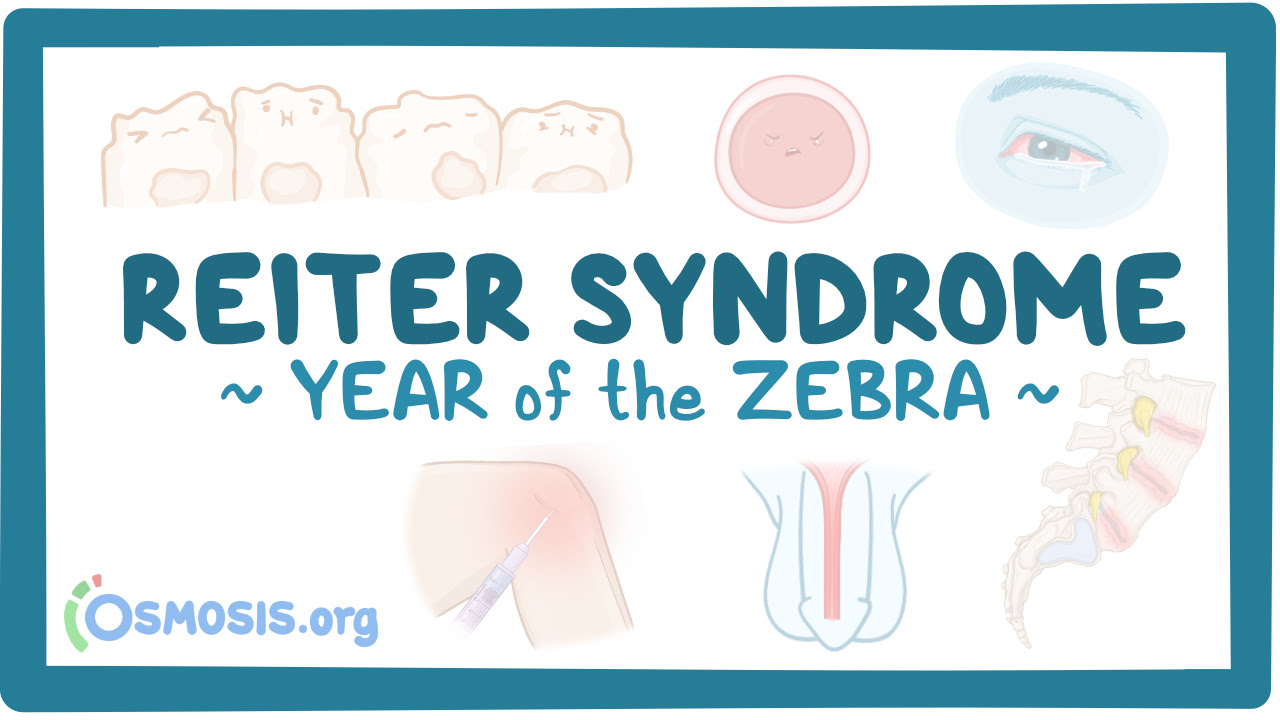This content aligns with Goals 10 and 12 by offering a methodology and framework that provides a way forward in resilient water management and planning which incorporates Indigenous knowledge, values and perspectives.
Global citizenship is a key response in contemporary higher education which aims to prepare students to address present and future challenges. This study outlines the design, international virtual collaboration, for an undergraduate course to develop students' global citizenship competencies. International virtual collaboration works as an open-source instrument that provides an inclusive, equitable and low environmental impact solution to the internationalization of university students at home. The authors explain an iterative Participatory Action Research methodology to develop and enhance the present and anticipated positive societal impact of the course.


